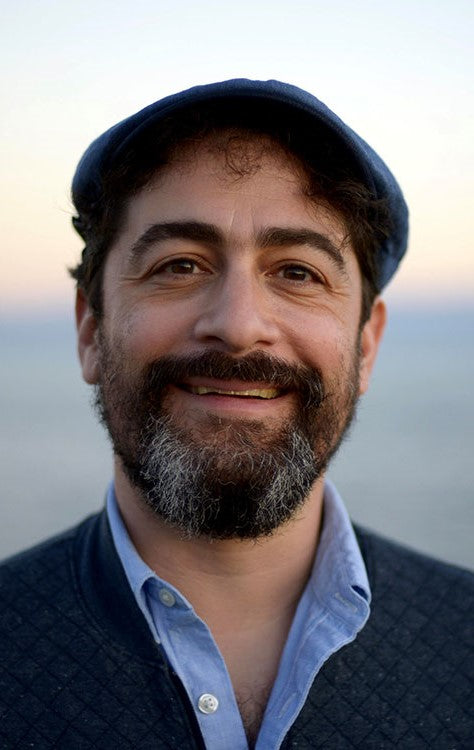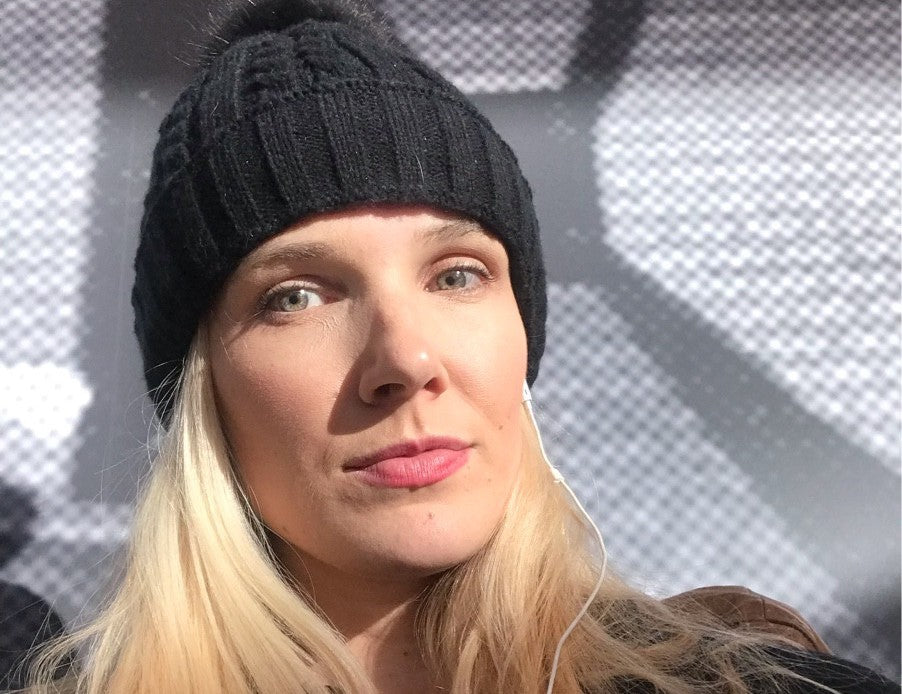An Interview with Alyssa Manacao | A Look at Inner Child Work & Healing Transgenerational Trauma

In this episode, we interview Alyssa Manacao, a therapist with her own practice in California, providing trauma treatment for individuals that have endured the pain of childhood abuse and exposure to gang and community violence.
Her professional experience includes providing supervision for mental health professionals in the individual and group setting. She strongly believes in the power of human relationships, connection, and emotional growth. She is a client-centered therapist who believes that treatment is focused on you and that you are capable of discovering the answers that you have been looking for. Therefore, she seeks to explore your past experiences, and earlier attachment as themes from the past have the power to affect our current behaviors and relationships. It is Alyssa's belief that regardless of what your current stressors are, or have been, you are capable of reaching your emotional potential, obtaining balance, wellness, and happiness.
The Happiness Planner: Can you tell me about your clinic and what services you offer?
Alyssa Manacao: I am the owner of a group practice located in Sherman Oaks, CA. In terms of our therapy services, we offer individual therapy & EMDR for adults. The group practice also includes a Reiki specialist on the team for those that would like to explore a deeper sense of grounding through energy healing. Our clinical treatment team specializes in treating anxiety, depression, trauma, and relationship issues.
The Happiness Planner: What inspired you to become a Therapist?
Alyssa Manacao: I feel that the therapy profession found its way to me. I initially went to receive my Master's Degree in Social Work with the hopes of doing work with regard to policy and changes within macro level systems. My internships were focused on individual mental health services and honed in on my clinical skills as a therapist; from there, I became more and more drawn to the clinical side of social work and became passionate about creating changes at the micro-level.
The Happiness Planner: What do you find most rewarding about what you do?
Alyssa Manacao: I feel honored and privileged to be able to walk alongside my clients in their unique journeys toward self-exploration and change. For me, human connection is a powerful tool in facilitating emotional healing and wellness, and safe human connection is the foundation of good therapy. I find that the "aha" moments and being able to create a safe space for others is very rewarding.
The Happiness Planner: What unique insights have you learned about people through your career as a therapist?
Alyssa Manacao: That we all have basic human yearnings for connection, closeness, friendship. That at the end of the day, we all desire safety and feeling seen and heard.
The Happiness Planner: How can early experience play out in adulthood? What does this look like in day-to-day?
Alyssa Manacao: One example of this is our attachment style. The way our caregivers nurtured us and connected with us largely influences our attachment style and the way in which we relate to ourselves and others. Our attachment style can also be influenced by additional relationships in our later lives. In our day to day, this might look like having a sense of security in our relationships or feeling anxiety and fear when we experience closeness with others.

"Anyone can benefit from therapy. There is a misconception that you have to be at rock bottom, or something has to be "wrong" to be in therapy, when in fact, anyone can go to therapy in the absence of a presenting problem."

The Happiness Planner: What is transgenerational trauma?
Alyssa Manacao: Transgenerational trauma refers to trauma being passed down from one generation to the next. This refers to survival strategies and coping mechanisms from our parents and elders being passed down to their children, so on and so forth.
The Happiness Planner: Why is inner child work important?
Alyssa Manacao: It is important to note that inner child work can be a useful tool in therapy, but it is not the only tool that can be used for healing and to be mindful of using inner child work alongside other modalities. Sometimes it can be the younger version of ourselves responding to present-day situations. Inner child work is important because there exists within us memories and joys of our younger selves that deserve attention, nurturing, and affection from our inner adult.
The Happiness Planner: Can you tell me a little more about EMDR? How does it work, and for whom is it useful?
Alyssa Manacao: EMDR stands for eye movement desensitization and reprocessing, and it utilizes bilateral stimulation to reprocess trauma that has been stored in the mind and body. EMDR is useful for any person who has experienced trauma, PTSD, or an anxiety disorder.
The Happiness Planner: Can you give me an example of how you would use EMDR to help clients overcome trauma?
Alyssa Manacao: EMDR utilizes brief exposures to help people recall thoughts, feelings, sensations that have been stored in the mind and body at the time of the traumatic experiences. It helps clients with integrating both past and present experiences to create a sense of safety within themselves and their feelings.
The Happiness Planner: What are the most difficult things clients deal with when starting work with trauma therapy?
Alyssa Manacao: When it comes to care, access to care and finding the right therapist who is able to treat your symptoms is what comes to mind. In terms of working directly with the trauma, the most difficult part seems to be the beginning, where you learn to build trust and experience safety in the therapeutic relationship. Another difficulty is becoming familiar with feelings that may have been suppressed for a long time.
The Happiness Planner: Who can benefit from therapy? How can someone identify that they have work to do?
Alyssa Manacao: Anyone can benefit from therapy. There is a misconception that you have to be at rock bottom, or something has to be "wrong" to be in therapy, when in fact, anyone can go to therapy in the absence of a presenting problem. On the other hand, when people are noticing that they're experiencing changes in their eating, sleeping, mood (more irritable, short-tempered, sad, low tolerance for frustration), then those can be signs that they can benefit from seeing a therapist.
Alyssa’s Info:
Website: https://www.alyssamariewellness.com/
LinkedIn: https://www.linkedin.com/in/alyssamancao




Comments